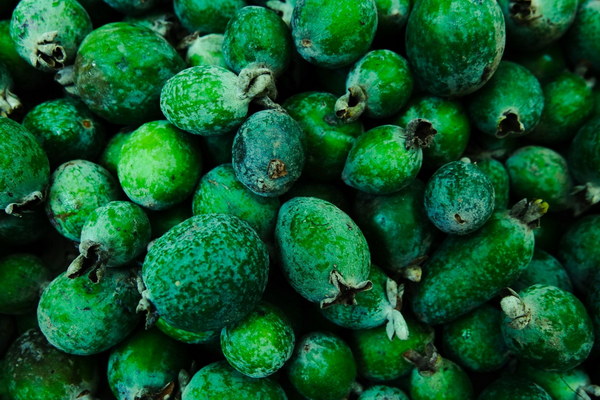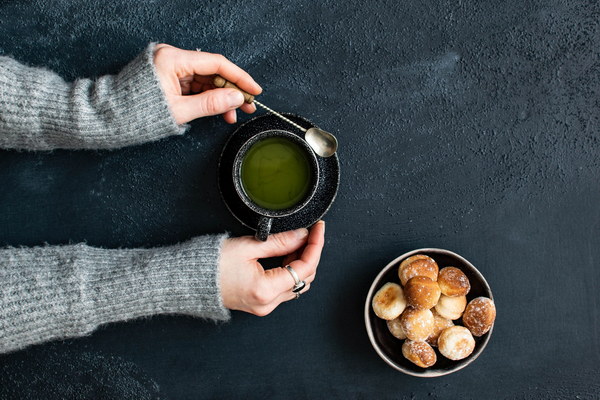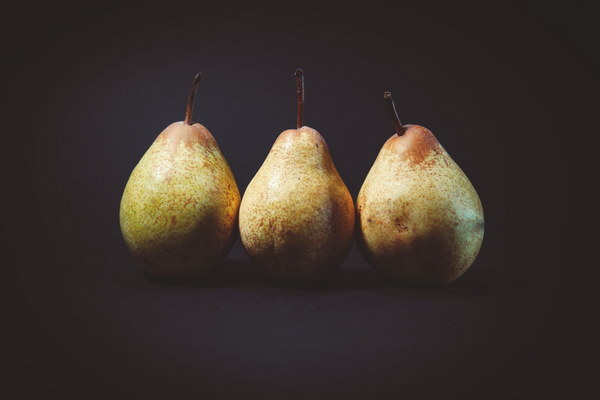Can Coughing Help to Dispel Dampness Exploring Traditional Remedies for Respiratory Health
In the realm of traditional medicine, especially in countries like China, there is a belief that certain symptoms, such as coughing, can be linked to the accumulation of dampness in the body. The concept of dampness, often referred to as damp-heat or dampness-attack, is a fundamental principle in Chinese medicine. But can coughing actually help to expel this dampness? Let’s delve into this intriguing question and explore the traditional remedies associated with it.
Firstly, it is essential to understand what dampness is in the context of Chinese medicine. Dampness is considered a type of external or internal pathogen that can disrupt the balance of the body’s Yin and Yang. It can manifest in various ways, including fatigue, bloating, weight gain, and, indeed, coughing. When dampness invades the body, it can lead to a range of respiratory conditions, such as bronchitis or asthma.
According to traditional Chinese medicine, coughing is a way for the body to expel the accumulated dampness. This process is known as “dispelling dampness through the skin” and is believed to be an effective method for treating coughs that are caused by dampness. Here are some traditional remedies that aim to achieve this:
1. Herbs and herbal teas: In Chinese medicine, certain herbs are believed to have dampness-dispelling properties. These include astragalus (huang qi), atractylodes (cang zhu), and rhizoma coptidis (huang lian). Consuming herbal teas made from these ingredients can help to reduce dampness and alleviate coughing.

2. Acupuncture: Acupuncture involves inserting fine needles into specific points on the body. In traditional Chinese medicine, certain points are targeted to expel dampness and alleviate coughing. These points may include those related to the lungs, spleen, and kidneys, which are believed to be the organs most affected by dampness.
3. Diet: Diet plays a crucial role in the management of dampness. Foods that are believed to help dispel dampness include those that are warm, dry, and light, such as ginger, garlic, and green tea. Conversely, foods that are cold, damp, or heavy, such as dairy products, fruits, and raw vegetables, are best avoided.
4. Exercise: Regular physical activity is also considered an essential part of treating dampness. Exercise helps to improve circulation and promotes the expulsion of dampness through sweat. However, it is important to choose activities that are not too intense or exhausting, as excessive sweating can further dampen the body.
5. Lifestyle adjustments: Adopting a healthy lifestyle can also aid in the treatment of dampness. This includes getting enough rest, managing stress, and avoiding exposure to damp environments.
While traditional remedies like these may offer relief for some individuals, it is crucial to remember that they should not replace conventional medical treatment. Coughing caused by dampness can sometimes be a symptom of more serious conditions, such as infections or allergies. It is always advisable to consult a healthcare professional for an accurate diagnosis and appropriate treatment.
In conclusion, while the belief that coughing can help to expel dampness is rooted in traditional Chinese medicine, it is important to approach this concept with caution. While some traditional remedies may offer relief, they should not be used as a substitute for professional medical advice. By understanding the principles of Chinese medicine and exploring the various treatment options available, individuals can make informed decisions about their health and well-being.









